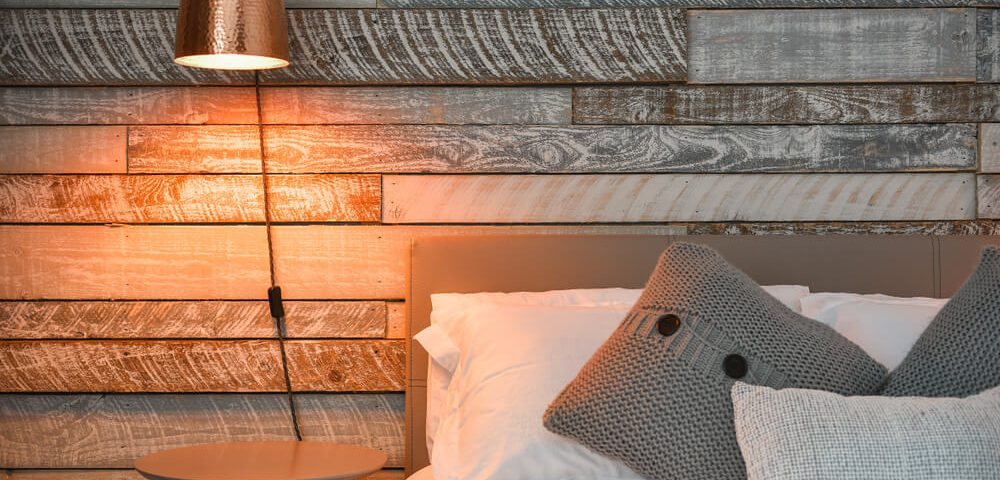
Finding somewhere to live is probably one of your greatest concerns on arrival. AIL is pleased to assist you in locating accommodation but it is up to you to make the necessary arrangements and decisions. If you have recently arrived in Melbourne, we can provide advice when inspecting accommodation.
Sorting out your needs and finding accommodation is dependent upon you knowing which preferences are the most important to you. (eg. If you are willing to spend more to be closer to campus).
Sorting out your needs and finding accommodation is dependent upon you knowing which preferences are the most important to you. (eg. If you are willing to spend more to be closer to campus).
Some questions you should be asking yourself include:
• How flexible is my budget?
• Can I live with more than 3 people?
• Close to major shopping centres?
• Do I need full security?
• Close to the College?
• Do I need meals provided?
• Does it have to be fully-furnished?
• Does it have to be brick or wooden?
• Preferred mode of transport?
Once you know what preferences are most important to you, decide on the type of accommodation that best suits your needs. Be prepared to be flexible and change your preferences according to the accommodation available at that time.
Is the type of accommodation you are looking for available immediately?
Are you prepared to wait?
Or perhaps, compromise your preferences?
We can also put you in touch with others who may be looking for similar accommodation.
Types of Accommodation
Renting a whole house or unit
This is the most common type of accommodation chosen by international students. A weekly rent is charged for a furnished/unfurnished flat or house. Other costs include electricity, gas, and telephone.
When renting, a tenancy agreement – usually for a minimum of six months- will have to be signed. A tenancy agreement is a legal document which sets out rental conditions, together with the minimum period of time for which the property is rented. Rent is generally paid 2-4 weeks in advance.
Strengths
• Quiet study environment
• Greatest independence & personal freedom
• Reduced costs if sharing
• Freedom to choose compatible sharer’s
Concerns
• Bond/rental agreements
• Provision of household utensils/ appliances/ furniture
• Highest establishment cost
• Increased tasks – reduced study time
• Expensive (if renting alone)
• Diminished cultural/language interaction
When renting, a tenancy agreement – usually for a minimum of six months- will have to be signed. A tenancy agreement is a legal document which sets out rental conditions, together with the minimum period of time for which the property is rented. Rent is generally paid 2-4 weeks in advance.
Strengths
• Quiet study environment
• Greatest independence & personal freedom
• Reduced costs if sharing
• Freedom to choose compatible sharer’s
Concerns
• Bond/rental agreements
• Provision of household utensils/ appliances/ furniture
• Highest establishment cost
• Increased tasks – reduced study time
• Expensive (if renting alone)
• Diminished cultural/language interaction
Shared house or unit
A set weekly rent is charged for use of a bedroom together with the use of other living areas (e.g. lounge, dining, bathroom, and kitchen) within the unit/house. It is important to check what furniture, if any, is provided with the room. Sometimes the rent includes the cost of electricity and/or gas; otherwise these bills are shared equally between all co-tenants.
Food costs are additional and are normally left up to the individual, however you should have use of all kitchen facilities. Shared accommodation may be offered by either a single person or couples, who might be local residents or other international students. Responsibilities involved in shared accommodation include shopping, cooking and cleaning for oneself. Also, the bond for the place can be shared among the share mates.
Strengths
• Greater independence in lifestyle & food
• Expand social network
• Reduced weekly costs & greater control over weekly expenses
• Mutually supportive environment
• Opportunity to increase cultural awareness and English language skills
• Cultural compatibility
Concerns
• Personal difficulties with fellow sharers
• Provision of household utensils/appliances
• High establishment costs with bonds (security deposits)
• Diminished cultural/language interaction
• Diminished “family” support
• Communication/cultural differences
Food costs are additional and are normally left up to the individual, however you should have use of all kitchen facilities. Shared accommodation may be offered by either a single person or couples, who might be local residents or other international students. Responsibilities involved in shared accommodation include shopping, cooking and cleaning for oneself. Also, the bond for the place can be shared among the share mates.
Strengths
• Greater independence in lifestyle & food
• Expand social network
• Reduced weekly costs & greater control over weekly expenses
• Mutually supportive environment
• Opportunity to increase cultural awareness and English language skills
• Cultural compatibility
Concerns
• Personal difficulties with fellow sharers
• Provision of household utensils/appliances
• High establishment costs with bonds (security deposits)
• Diminished cultural/language interaction
• Diminished “family” support
• Communication/cultural differences
Home stay
A set weekly fee is charged to cover all expenses associated with food and shelter, including two meals per day, provision of facilities (e.g. towels, blankets, sheets, eating utensils), fuel costs (gas and electricity) and cleaning services (e.g. sweeping and dusting of rooms). Unless otherwise requested, students have their own bedroom with study facilities (e.g. bookcase, desk, study light), together with the use of other living areas, (e.g. lounge, dining, bathroom and toilet) within the flat/house. The home stay provider may be either a single person or a family.
Strengths
• Secure “family” environment
• Daily needs catered for
• Opportunity to increase cultural awareness and English language skills
• Not restricted to a fixed period
• No other establishment costs
Concerns
• Communication/cultural differences
• Type of food provided
• Study distractions – noise
• Lack of privacy and freedom – rules
Strengths
• Secure “family” environment
• Daily needs catered for
• Opportunity to increase cultural awareness and English language skills
• Not restricted to a fixed period
• No other establishment costs
Concerns
• Communication/cultural differences
• Type of food provided
• Study distractions – noise
• Lack of privacy and freedom – rules
Residential Colleges
Residential Colleges normally provide students with a single bedroom with study desk, shared bathrooms, common rooms and a dining hall. Meals are usually provided at set times and residents are encouraged to become part of the college community. It is suggested that students with special dietary requirements enquire as to how the college will cater for them. Generally Students are expected to stay for at least one semester.
